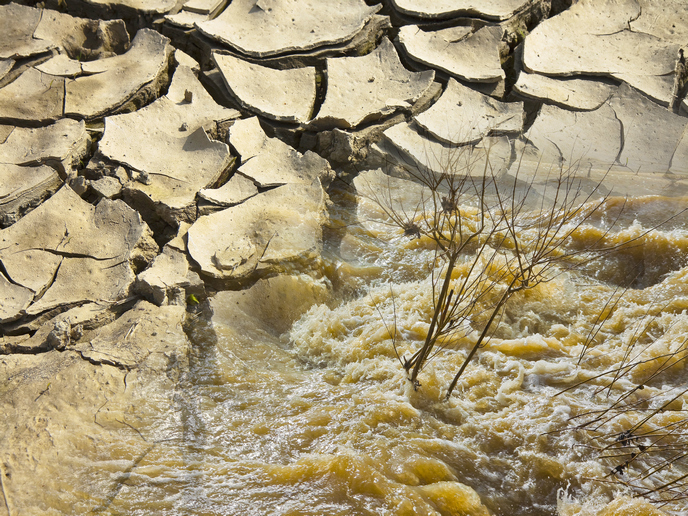Data infrastructure for climate change studies in the Eastern Mediterranean
The region encompassing the eastern Mediterranean, Middle East and North Africa is expected to be particularly hard-hit by human-caused climate change. Managing the impacts of such changes on ecosystems and societies will be very complex, and will require international regional cooperation. A first step will be to assess regional climate change and its apparent and projected impacts. The EU-funded DARECLIMED(opens in new window) project aimed to pave the way for a regional data infrastructure, relating to climate, water, energy and related subjects. The approach taken was to set up a task forces of experts to study relevant legal, technical and other issues and to involve relevant stakeholders in the region. Additionally, DARECLIMED aimed to contribute to climate studies by comparing regional climate modelling results, and to develop a regional capacity in the field of climate studies through collaboration. The consortium further aimed to establish a network of stakeholders and to raise awareness. The seven-member group was active between February 2011 and July 2013. The project achieved all planned deliverables, in spite of numerous serious unforeseen difficulties. The group hosted a series of workshops in various regional countries at which the project presented its research findings. The DARECLIMED final conference(opens in new window) — held in Chania, Crete, in 2013 — successfully demonstrated the willingness of participants to cooperate. The conference adopted the Chania Declaration, a significant statement demonstrating such willingness. In preparation for the regional data infrastructure, the project identified data sources and agreed on procedures for their accessibility and integration. The team also examined issues of data ownership, and the necessary e-structures and procedures for sharing metadata. Discussions highlighted important issues, including data collection, quality control, and technical aspects of the data repository, data access and regional climate models. Furthermore, possible stakeholders were identified and engaged. According to its own statement, the impacts of the DARECLIMED project are 'difficult to assess'. Notwithstanding, the project achieved substantial coordination of national and regional policies, and forged numerous constructive contacts with national data holders.







